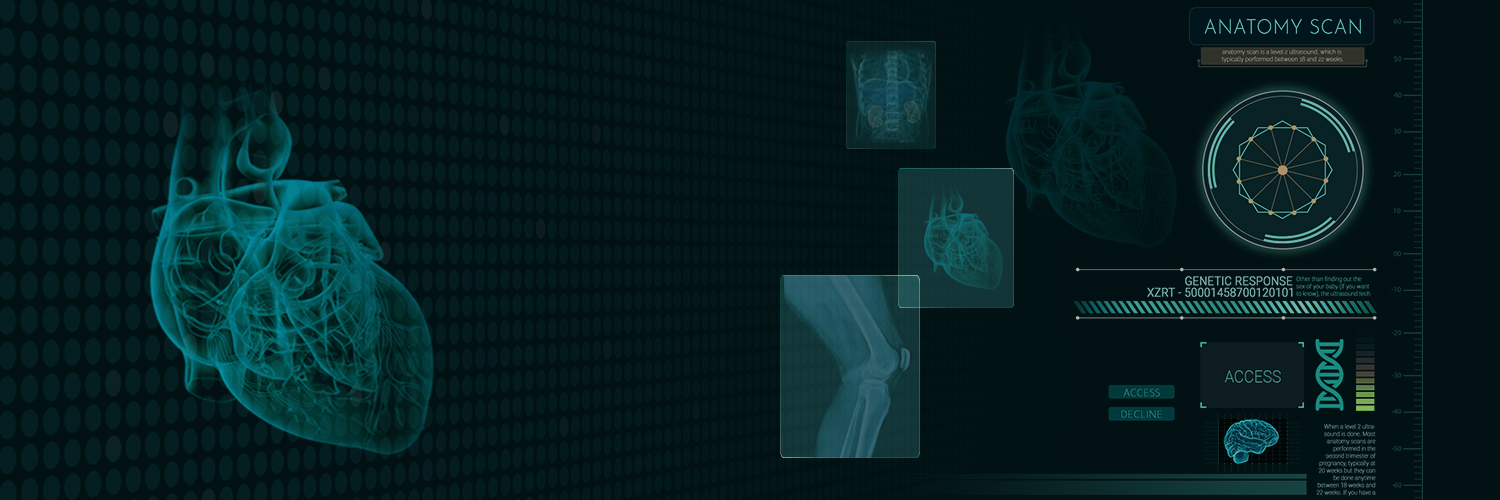Diseases Caused by Bacteria
Symptoms
Following symptoms are observed in the patient:
- Feeling of sickness and weakness.
- Loss of appetite and weight.
- Typical fever pattern and night sweats
Symptoms
Symptoms of typhoid are the following:
- Headache and typhoid fever which rises maximum during the afternoon. The temperature increases each day during the first week.
- High fever during the second week. The fever gradually declines during 3rd and 4th
- In a nutshell typhoid symptoms include continuous fever often with delirium (disorder of the mind), slow pulse, tender and distended abdomen, diarrhea with water-green stools and eruption of rosy spot (rash) on the body of the patient.
